As a young person trying to discover who I was, I didn’t really have any role models.
It probably took me longer than it would take people now, where there’s more resources and events like Pride games where you can see others that are like you.
Being a young female that was into things that weren’t stereotypically ‘feminine’ like footy set me apart. I wanted to wear jeans – I didn’t want to wear to wear dresses or skirts.
In primary school, no one thought differently of you. I played sport every lunchtime – I kicked the footy, played soccer, did basketball with the boys – and there were also a lot of girls doing the same and playing sport.
I was able to wear shorts and a T-shirt.
Then going into high school, the transition was weird.
My brother was a couple of years older than me, and he’d kind of spoken to me about how some people might think differently.
He always supported me and told me to be true to myself, but he let me know that the majority of girls at high school would wear dresses and that they didn’t spend their lunchtimes playing sports.
I had never worn dresses and I never wore my hair up.
It was a challenge for me, and I ended up conforming.
Maybe if I had role models I wouldn’t have, and I would have worn pants and shorts like I wanted to. That was a struggle for me in terms of trying to conform to what society’s expectations were but wanting to be true to myself.
At the same time, I was moving from boys’ footy to girls’ footy.
It was great for me because I was around a group of girls that were all going against the norm and challenging traditional gender stereotypes about how ‘girls don’t play footy’.
For me, it was a really supportive place.
I could be who I was. I felt accepted by a bunch of people that were good friends. Footy was the best outlet for me to have.
But now, young people and older people who are going through the same thing – be it discovering their sexuality, exploring their gender and what gender roles are – can have someone to aspire to be like, or say ‘you know, it’s actually normal, it’s ok to be like that or like these things’.
I think that we kind of have to take that responsibility on, and more so with the accessibility that people can have to us.
Especially with social media, we’re able to connect. I get messages where people might talk about some struggles they’ve been through or something that has happened to them.
It is an unreal feeling. Especially when you get nice messages that say you’ve helped them be comfortable with who they are.
I’m definitely not alone in this. Every Saint is a role model in their own way.
I think the whole club is really inclusive, and not just for things like the Pride Game.
In the team we’re a really amazing group of girls and everyone’s accepting of each other’s differences. Each person is unique, and they bring their own individual aspects and attributes to the team.
We really embrace one another and celebrate those within the group.
When you think about it, we’re in a really lucky space.
We’re fortunate enough to have a platform as players and a club, and I think that if we can promote acceptance and being comfortable with who you are, that’s a really important message to spread to young people, older people and anyone who might be struggling with something similar.
It’s awesome to have a Pride Game, but maybe one day we won’t have to have one.
I think when there’s complete acceptance in the wider community, then maybe we won’t have to host events such as these.
We’re still a while off, but I definitely hope one day it’s not a case of ‘being gay or a lesbian is different’ – it’s just normal.
Hopefully by that time, we won’t have to celebrate a Pride Game or a Pride Round, and broader society will just be accepting and open-minded, so you don’t have to make a stand for these issues.
We have a powerful platform as a team, but also as a club.
We can make these stands, challenge attitudes and go against what’s considered the norm.
But for now, most importantly, we are taking the first steps.


